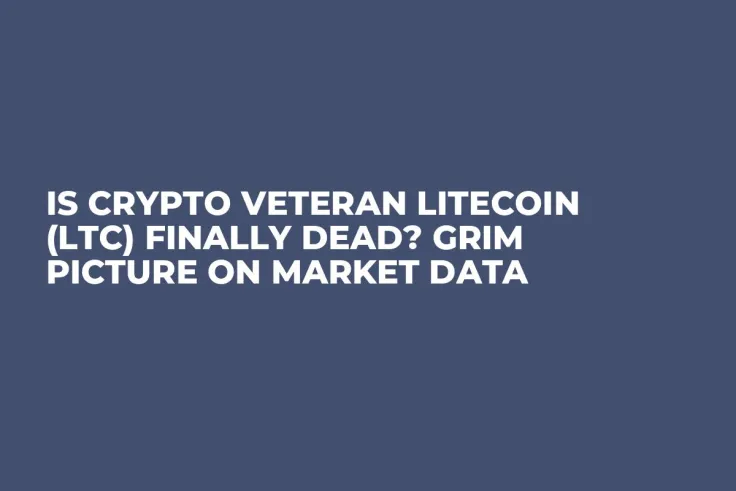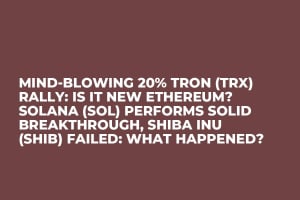
Disclaimer: The opinions expressed by our writers are their own and do not represent the views of U.Today. The financial and market information provided on U.Today is intended for informational purposes only. U.Today is not liable for any financial losses incurred while trading cryptocurrencies. Conduct your own research by contacting financial experts before making any investment decisions. We believe that all content is accurate as of the date of publication, but certain offers mentioned may no longer be available.
Formerly heralded as the silver to Bitcoin's gold, Litecoin has seen better times. Since peaking on April 1, the cryptocurrency's market value has dropped by 36%, indicating a steady decline. Both traders and investors are becoming concerned about this sharp decline, with many wondering if the seasoned cryptocurrency asset is nearing the end of its life.
The liquidation of 45,000 wallets worth around 0.1-1 LTC is one of the most concerning signs. The fact that many of these smaller wallets, which are usually owned by retail traders or small fish in the cryptocurrency world, are collapsing suggests that people are losing hope for Litecoin. This type of withdrawal typically indicates panic selling when impatient investors abandon ship out of concern over potential additional losses.
But as history has shown, these sell-offs can also be a contrarian signal, frequently indicating the bottom of a market cycle. Litecoin's technical situation right now is far from encouraging. Currently trading at roughly $63, the asset is significantly below its important moving averages, which have been serving as resistance, as opposed to support.
Litecoin needs to regain the $70 mark to even contemplate a bullish reversal as the 200-day moving average, in particular, is positioned significantly above the current price. Although Litecoin is not yet in oversold territory, it is also not drawing buying interest, as seen by the Relative Strength Index (RSI), which is currently circling 44.
No notable spikes in volume have indicated a significant influx of new buyers, so it has been tepid overall. Although the current market data presents a dire picture, things may always turn positive; it is just not clear what could be the catalyst for it.

 Tomiwabold Olajide
Tomiwabold Olajide Caroline Amosun
Caroline Amosun